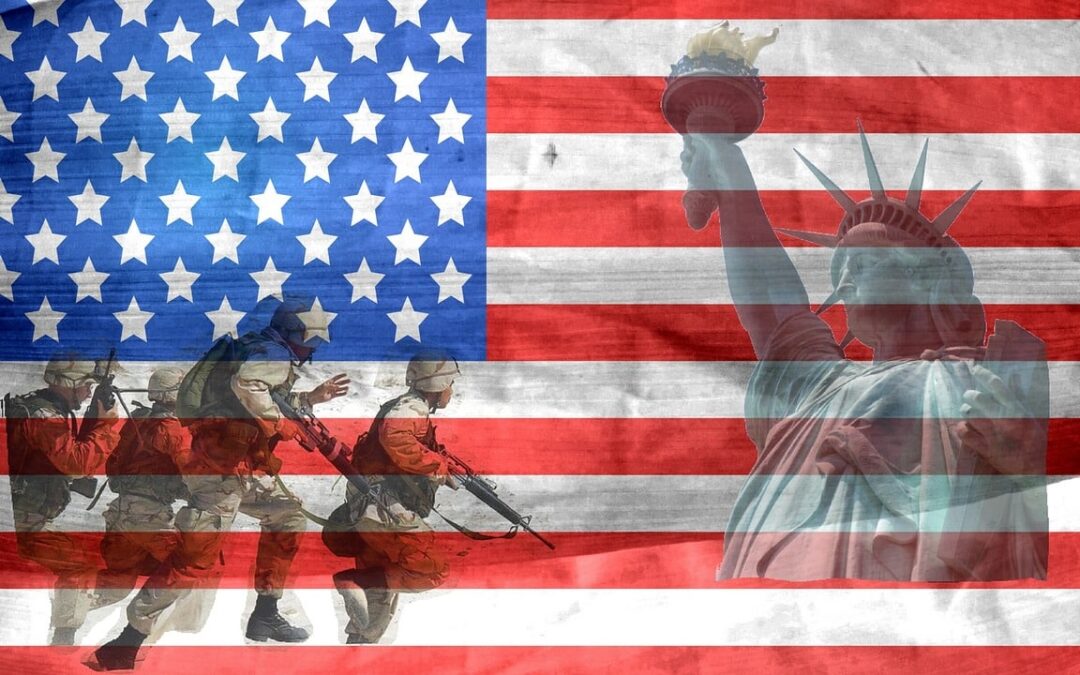
Jesus and John Wayne
Jesus and John Wayne: How White Evangelicals Corrupted a Faith and Fractured a Nation, by Kristin Kobes Du Mez (Liveright Publishing, 2020) might just be the most important book I have read all year. Despite its exceptional scholarship, the book is very easy to read and absolutely captivating from the first chapter. As I read it, I became increasingly ashamed and embarrassed. It was a feeling, I imagine, like an adult might experience after learning a dark secret about parents they always considered to be excellent role models.
For my entire life I have identified as an evangelical and cast my first general election ballot for Richard Nixon. Donald Trump and those who have compromised themselves to provide him cover have produced a change in my political identity to Independent and this work has led me to consider no longer self-identifying as an evangelical.
On one hand, I am thankful that, in the churches I attended, I do not remember ever consciously experiencing most of things the author described. Yet, it is like buying a new car. You may not have seen many similar models on the road before the purchase, but now they seem to be everywhere. I grew up in Southern Baptist churches in oilfield towns in the Rocky Mountain West where the few minorities I encountered were Chinese or Mexican Americans. And they were simply our neighbors and friends.
I had no substantive contact with an African American until I was drafted into the army. The first time I experienced overt bigotry was after I had taken a black friend with me to a church service in South Carolina. When I returned for the evening service, the pastor suggested that my friend might be better served elsewhere. The message was clear.
I had no substantive contact with an African American until I was drafted into the army. The first time I experienced overt bigotry was after I had taken a black friend with me to a church service in South Carolina. When I returned for the evening service, the pastor suggested that my friend might be better served elsewhere. The message was clear.
When the author convincingly connected racism and sexism to evangelicalism, I was surprised and not quite ready to accept her assertion. Then the stories broke about Beth Moore, Russell Moore and African American pastors leaving the Southern Baptist Convention over those very things. This, not long after similar articles appeared displaying photographs of Christian and racist flags, symbols and signs at the January 6, 2021, U.S. Capitol insurrection.
According to Du Mez, “Today some historians place race at the very heart of evangelical politics, pointing to the fact that evangelical opposition to government-mandated integration predated anti-abortion activism by several years.” (p. 38) Apparently evangelicals had mastered the art of pivoting before the coronavirus pandemic. It makes me wonder if my spiritual parents were racist.
I was also blissfully unaware of how completely militarism had permeated evangelicalism; something the author traced back to the 1940s. One of the highlights of my teen years had been attending a Billy Graham crusade. Like most evangelical kids, Billy Graham was one of my heroes of the faith.
When I read these words my heart broke. “In 1969, Graham sent a thirteen-page letter to President Nixon—a letter only declassified twenty years later—offering an array of policy scenarios, some of which clearly abandoned Christian just-war theory and the Geneva Conventions.” (p. 50) The author asserts Graham came to regret his foray into partisan politics. “It was a lesson that most other evangelicals refused to abide.” (p. 47)
I proudly served my country when called and remember joking that I was going to “kill a commie for Christ,” and suggesting, “We should nuke them all and let God sort them out.” Little did I realize I was carrying on another evangelical family tradition. “The Vietnam War was pivotal to the formation of an emerging evangelical identity.” (P. 50) That identity was militarism.
The author cited Anne C. Loveland, American Evangelicals and the US Military 1942-1993, who argued, “To Baptist pastor Jerry Falwell, the US soldier in Vietnam remained “a living testimony” to Christianity, and to “old fashioned patriotism.” A defender of “Americanism,” the American soldier was “a champion for Christ.” (p. 49) Falwell’s Liberty University still boasts that it “trains champions for Christ,” an assertion supported by the number of military chaplains it graduates.
The military and law enforcement have been closely joined with evangelicals since the anti-war and civil rights protests of the 1960s. Du Mez asserts, “A common evangelical heritage and shared theological commitments diminished in significance as Christian nationalism, militarism, and gender “traditionalism” came to define conservative evangelical identity and dictate ideological allies.” (p. 51) Militarism and racism merged with a redefined Christian masculinity and paternalism—a process that would lay the groundwork for the election of Donald Trump.
With the end of the Cold War and the threat of world-wide communist domination eliminated, “Bush ushered in what (Ralph) Reed termed ‘the most conservative and the most pro-family platform in the history of the party.’ It called for a ban on abortion, opposed LGBT rights, and defended school prayer and homeschool rights.” (p. 139)
Looking at the shape-shifting GOP and the news sources it has coopted, there seems to be a move toward embracing Putin, a former member of the KGB, as a means of opposing the current President. (The enemy of our enemy, I guess.)
Three other areas the author reviews as impacting current evangelical thought and willingness to embrace a man like Donald Trump are: home schooling, paternalism and Christian masculinity. The first two have contributed to the victimization and subordination of women and the third has created an inaccurate caricature of Jesus. I’ll let you discover her handling of those topics on your own.
I highly recommend this insightful and scholarly work.
Jesus and John Wayne: How White Evangelicals Corrupted a Faith and Fractured a Nation by Kristin Kobes Du Mez (Liveright Publishing, 2020)
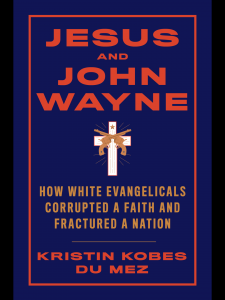
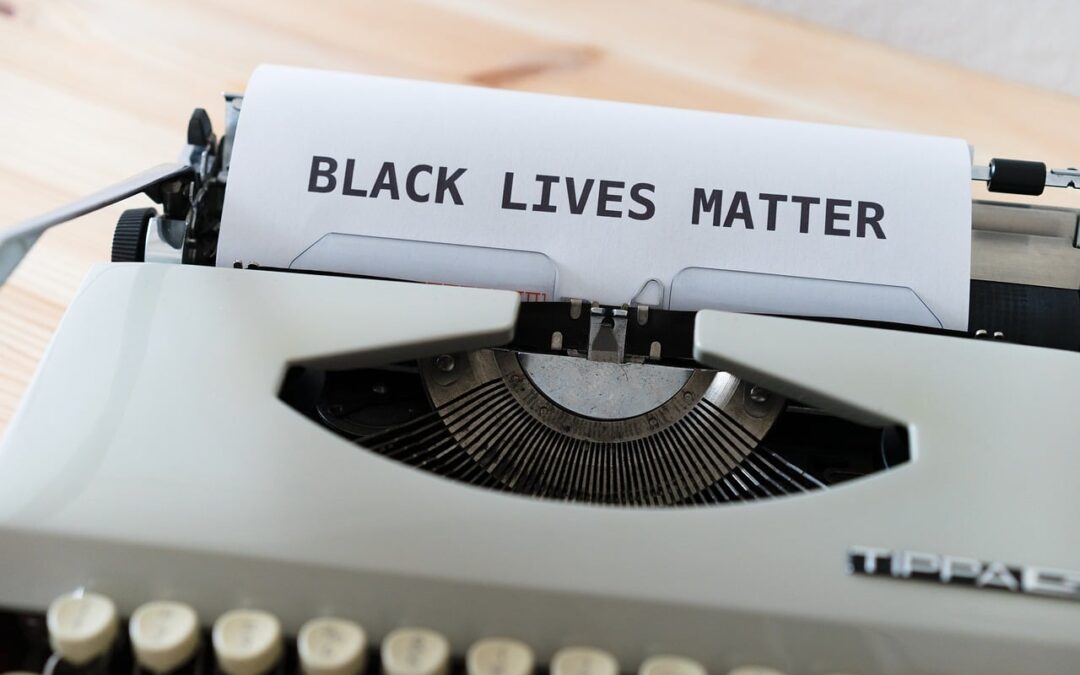
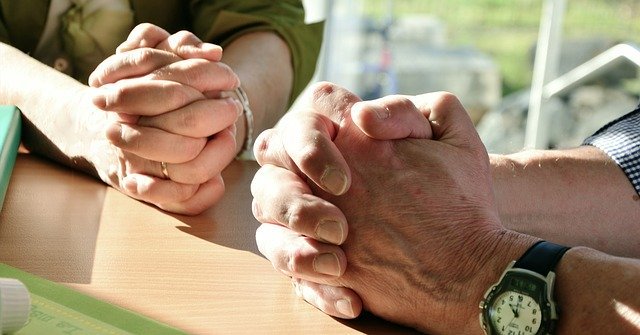

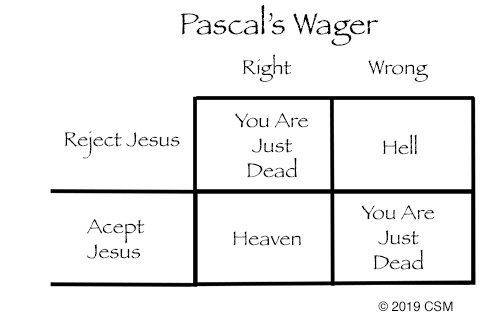

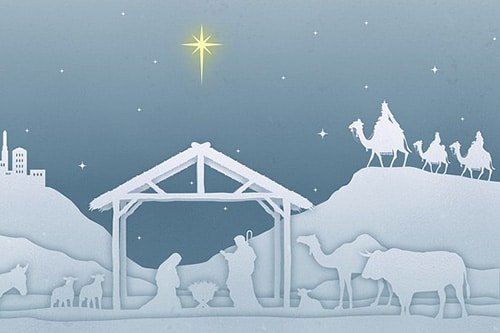
Recent Comments